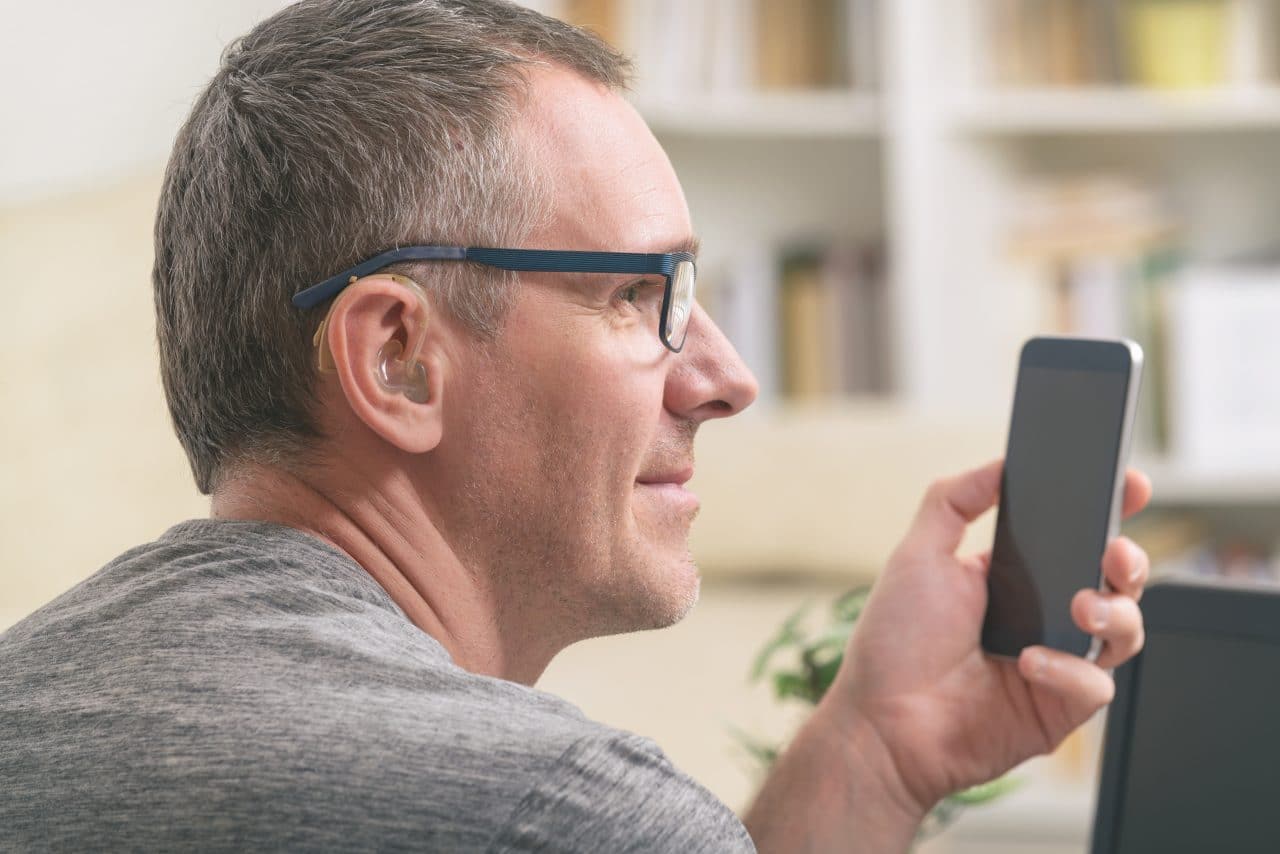There’s a lot of turmoil and conflict going on in the world, but there’s one thing we can all agree on: this pandemic is hard to cope with. While stay-at-home orders are important for keeping us safe from the virus, they’ve also caused many to be cut off from their support systems and spend more time alone.
A recent study has found that older adults with hearing loss are especially at risk of depression, loneliness and memory issues during the COVID-19 pandemic.
About the Study

The study was published in the Journal of Audiology in 2021. For the study, 80 participants over the age of 70 who had internet access were enrolled. (Self-assessments had to be completed online for everyone’s safety.)
Participants completed two detailed questionnaires 12 weeks apart during the May-June 2020 lockdown. These questionnaires assessed hearing loss, socialization, loneliness, anxiety, depression and cognitive function.
Study Results
Researchers found that the amount of socialization the participants had was significantly reduced compared to pre-pandemic levels. This is not surprising, because even if the participants wanted to socialize, meetup places like the Vero Beach Community Center may have been closed.
In addition to lower levels of socialization and higher levels of feelings of loneliness, participants reported worsening anxiety, depression, memory problems and cognitive dysfunction compared to before the pandemic started.
The Link Between Hearing Loss and Loneliness, Mental Health and Cognitive Issues
There are a number of factors that researchers suspect have contributed to the problems reported by study participants, including cancellation of medical appointments, use of face masks and implementation of social distancing.
For most people, non-emergency appointments were cancelled or postponed once lockdown started, including audiology appointments. This means those with hearing loss were unable to access care, making communication with the few people they did interact with difficult.
Use of masks makes lip-reading impossible and muffles already hard-to-hear voices.
Many of us resorted to technology to communicate with our loved ones. But older adults overall have less access to this technology, leaving them in the dark.
This study is important, as identifying barriers to health and quality of life is the first step to finding solutions. For more information or to schedule an appointment with a hearing expert, call Aaron’s Hearing Aid & Audiology Center today.
